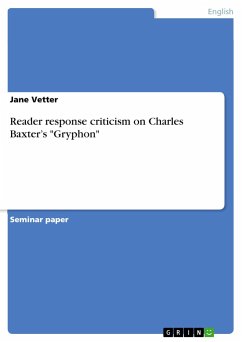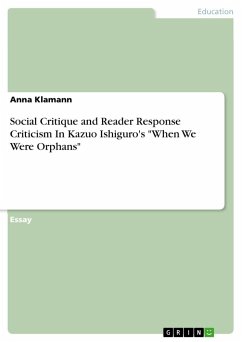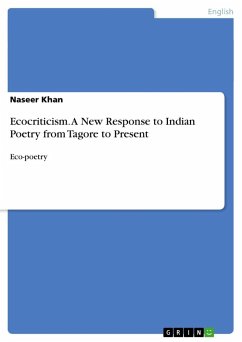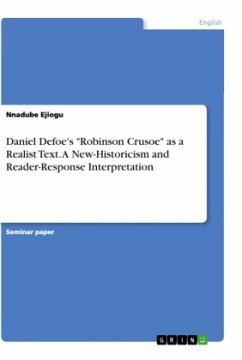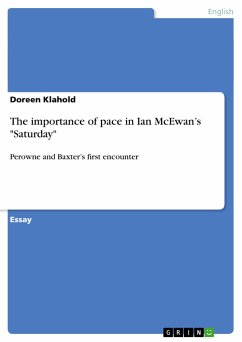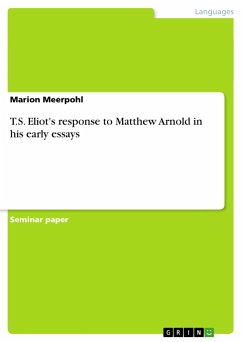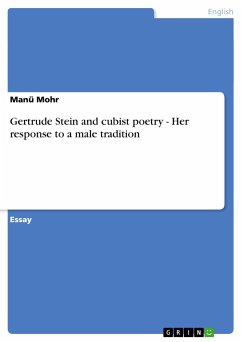Seminar paper from the year 2005 in the subject American Studies - Literature, Coastal Georgia Community College, Brunswick, Georgia, USA (Coastal Georgia Community College, Brunswick, Georgia, USA), language: English, abstract: Reader-response criticism is a modern way of analyzing and interpreting literature withemphasis on the reader and not on the author or the text. As defined in The Columbia Dictionaryof Modern Literary and Cultural Criticism, reader-response criticism shifts "critical attentionfrom the inherent, objective characteristics of the text to the engagement of the reader with thetext and the production of textual meaning by the reader." One of the most influential readerresponsecritics, Louise Rosenblatt, informs the reader that previous, historical forms of literarycriticism primarily focused either on literature as a reflector of reality or "the relationshipbetween the poet and his work." Rosenblatt explains that critics perceived the reader as a passiverecipient, outshone by the author and the text; the reader became invisible.Since the 1960s, as stated in The Columbia Dictionary of Modern Literary and CulturalCriticism, the school of reader-response criticism has formed, and, as Peter Rabinowitz,professor and chair of Competitive Literature at Hamilton College, illustrates, "becamerecognized as a distinct critical movement [...], when it found a particularly congenial politicalclimate in the growing anti-authoritarianism within the academy." Then, most notably in theUnited States, the civil rights movement started, leading citizens to plead freedom, individuality,and nonconformity.
Hinweis: Dieser Artikel kann nur an eine deutsche Lieferadresse ausgeliefert werden.
Hinweis: Dieser Artikel kann nur an eine deutsche Lieferadresse ausgeliefert werden.

